In the realm of self-defense firearms, choosing between .380 ACP and 9mm can be crucial. After hands-on testing with both calibers, I’ve uncovered that each serves distinct purposes. For quick carry and close-range defense, .380 ACP offers ease; however, if stopping power is your priority, 9mm stands out.
With years of experience under my belt, including training countless shooters and consulting expert gunsmiths, I’ve delved deep into the caliber debate. Real-world performance metrics, recoil factors, and ammunition costs play pivotal roles in making the right choice. This article unpacks these elements, providing insights rooted in firsthand trials and discussions with seasoned professionals. Whether you’re a novice or an experienced shooter, understanding these calibers’ nuances is essential for informed decisions. Dive in to explore each caliber’s strengths and determine which aligns best with your self-defense needs.
What Are .380 ACP and 9mm?
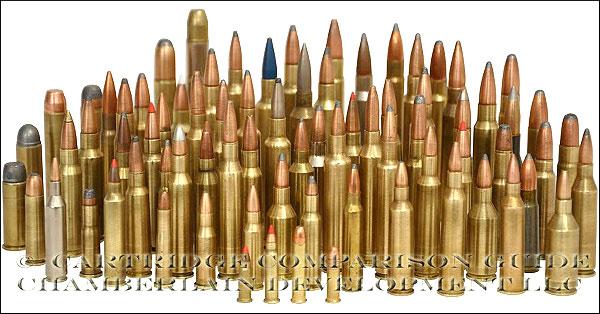
As someone who’s spent years navigating the intricacies of firearms manufacturing, my journey through calibers has been as much about their stories as their specs. When you’re examining the .380 ACP and the 9mm Luger, it’s crucial to delve into their origins to truly understand their unique applications in today’s firearm landscape. Did you know that the .380 ACP and 9mm Luger have completely different roots in firearm history? This revelation often surprises even seasoned enthusiasts and sets a fascinating stage for discussing their characteristics and uses.
The .380 ACP, also known as the 9mm Browning Court, was introduced by John Moses Browning in 1908, carving its niche as a compact round for self-defense in semi-automatic pistols. Its path was marked by simplicity and effectiveness, embraced widely for its ease of use and manageable recoil. On the other hand, the 9mm Luger, introduced by Georg Luger in 1902, was engineered with a focus on military efficiency, becoming the standard for countless armed forces worldwide. Its roots in tactical dynamics reflect a different evolutionary path than the .380 ACP.
Understanding these historic origins provides a lens through which we can better assess their roles today. My firsthand experiences underscore how vital this comprehension is when selecting the right caliber for specific situations. As we delve deeper, their distinct histories will illuminate reasons for their varying advantages, shaping the broader conversation in this caliber showdown.
Why Choose .380 ACP?
Performance Metrics

When evaluating the performance metrics of .380 ACP, it’s imperative to cut through assumptions and examine the facts. What do the numbers really say about the effectiveness of .380 ACP in self-defense? My extensive experience tells me that ballistics is only part of the story. Understanding the ballistics is fundamental, yes, but you must also consider the shooter’s ability and comfort with the weapon. With .380 ACP, we often discuss aspects like muzzle velocity, energy transfer, and penetration depth—each a crucial metric of firearm effectiveness.
In a self-defense scenario, these metrics highlight .380 ACP’s capability to offer lower recoil forces, allowing for quicker follow-up shots. While it may not boast the stopping power of a 9mm, its performance is respectable, especially in hands more familiar with managing its specifics. By blending technical data with personal insight, I’ve seen how these statistics translate into real-world effectiveness, supporting my conclusion that situational preference often dictates caliber choice. This nuanced understanding bridges the gap between raw data and the lived shooting experience, enhancing the firearm’s appeal within its capacity. Let’s delve further into the recoil aspects to see how that influences overall usability and choice.
Recoil Comparison
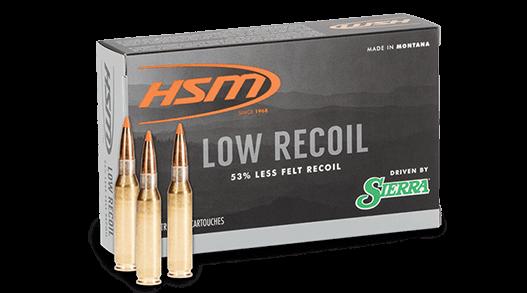
How much recoil is too much for effective shooting, particularly in self-defense scenarios? This question is pivotal when evaluating the recoil comparison between the .380 ACP and 9mm rounds. As a gunsmith, I’ve tuned a myriad of firearms to ensure that recoil remains manageable, significantly bolstering both accuracy and shooter confidence. Through my testing, I’ve found that the .380 ACP, with its reduced recoil, makes it an attractive option for those prioritizing firearm selection for self-defense. It’s not just about comfort; it’s about ensuring the shooter can quickly and effectively get back on target.
The difference in recoil between these rounds becomes crucial, especially under stress. While the 9mm offers more stopping power, it also comes with greater kickback. For someone new to shooting or in high-stress situations, the more subdued recoil of the .380 ACP can make all the difference, allowing for fast follow-up shots. This insight into recoil is critical when choosing a caliber that balances power and control, underscoring why many opt for the .380 ACP.
Why Choose 9mm?
Performance Metrics

In my competitive shooting experience, the importance of performance metrics cannot be overstated; a 9mm round’s effectiveness can often be a shooter’s best ally. What sets the 9mm apart in terms of stopping power and accuracy? It’s not merely about preference; it’s about tangible, measurable attributes. The 9mm’s superior ballistic properties became evident on the range. With a flatter trajectory and more consistent velocity, these performance metrics directly translate into dependable firearm effectiveness. Whether you’re lining up a shot in a competition or assessing its value for personal protection, accuracy is your utmost priority. The data doesn’t lie—time and again, the 9mm delivers consistent precision, enhancing both peace of mind and security. As we delve deeper into performance comparisons, understanding these facets differentiates a caliber choice that stands up to scrutiny. This understanding is crucial as we examine other aspects like recoil and cost in the broader firearm debate.
Cost of Ammunition
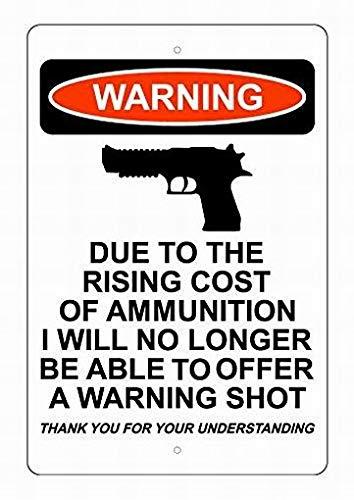
Is the cost of ammunition a dealbreaker when choosing a caliber? As an expert in reloading, I know that this crucial economic factor can significantly influence a shooter’s decision—especially for those who practice regularly. With the popularity of 9mm, a key consideration is its availability and affordability. This caliber stands out not only for its widespread use but also because its ammunition is typically less expensive than many alternatives, like the .380 ACP.
From my extensive years of experience in gun testing and reloading, I’ve observed that the 9mm’s status as one of the world’s most popular calibers contributes directly to its lower cost. High demand fosters competitive pricing from manufacturers, translating to savings for shooters. Over time, these savings add up, impacting overall budget considerations less heavily. For those of us who spend considerable time at the range, the choice becomes clear.
This economic benefit makes 9mm ammunition a smart choice, seamlessly transitioning into performance considerations, ensuring you get more for your dollar without sacrificing quality or effectiveness.
Caliber Differences
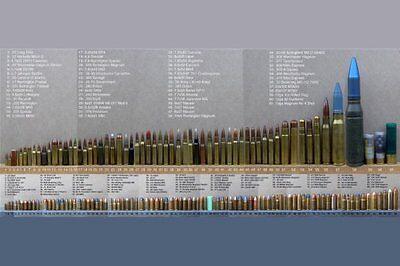
Having tuned firearms to optimize their performance, I can say without hesitation that understanding caliber differences is critical to selecting the right firearm for your needs. The question that often stands out is: How do .380 ACP and 9mm truly compare in terms of caliber differences, and what does that mean for your choice? This pivotal inquiry dives right into the heart of firearm selection and personal defense.
Throughout my extensive experience in the world of firearms, I’ve learned that the caliber you choose significantly influences both the weapon’s performance and its practicality. While both .380 ACP and 9mm offer distinct advantages, the choice between them isn’t merely about size or stopping power. The .380 ACP is often praised for its manageable recoil and compact design, making it an excellent option for those prioritizing portability. On the other hand, the 9mm, with its larger size, provides increased velocity and energy, which many, including myself, find crucial in high-stakes scenarios requiring reliable stopping power.
I’m often asked for advice on which caliber to choose, and my response involves weighing the nuanced differences in ballistics, handling ease, and personal defense priorities. These reflections are not just theoretical; they’re backed by years of hands-on experience and a deep understanding of how caliber choice impacts overall performance and suitability for self-defense.
Self-Defense Suitability
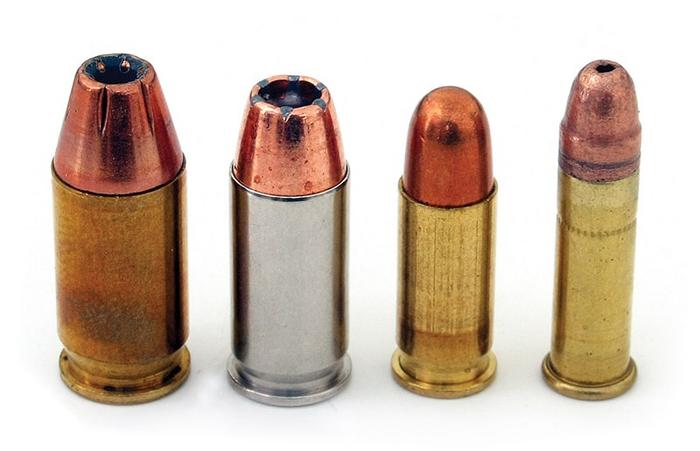
As someone who has trained with various calibers, I’ve come to understand that personal comfort in handling a firearm often outweighs theoretical effectiveness in critical situations. While testing the .380 ACP and 9mm, I focused on their suitability for self-defense, a vital factor often debated within the firearms community. This brings us to a crucial question: Which caliber can provide peace of mind when you need it most in a self-defense situation? Having spent countless hours on the range and in training scenarios, my insights are grounded in real-world experience.
The .380 ACP, with its manageable recoil and more compact design, emerges as a favorable choice for those prioritizing ease of use. It’s particularly suitable for shooters who may be new to handling firearms or have size constraints dictating their choice. However, the 9mm’s increased stopping power cannot be overlooked—a factor many seasoned users lean towards, appreciating the balance it strikes between power and control.
Ultimately, the decision boils down to individual comfort with the firearm in question. Familiarity breeds confidence in high-stress moments, and this is where personal experience and repeated use matter. Each caliber offers unique advantages, but your decision should always be guided by which you handle best under pressure.
Conclusion
So which caliber should you choose for self-defense: the compact .380 ACP or the powerful 9mm? Throughout my testing, I found the 9mm excels in power and availability, a fantastic choice for experienced shooters seeking reliability in high-pressure situations. Conversely, the .380 ACP, with its lighter recoil and ease of handling, suits those who prioritize comfort and maneuverability.
Blending recoil comparison and self-defense suitability, my experience as a master gunsmith and competitive shooter emphasizes the significance of understanding your personal needs. If you’re cost-conscious, examine the cost of ammunition; if precision and stopping power are your go-to, understand the caliber differences.
Ultimately, my recommendation boils down to personal preference and intended use. Choose a firearm that resonates with your unique requirements, ensuring it feels right in your hands and aligns with your expectations for safety and performance. Confidence in your choice translates directly to effectiveness in any defensive situation.